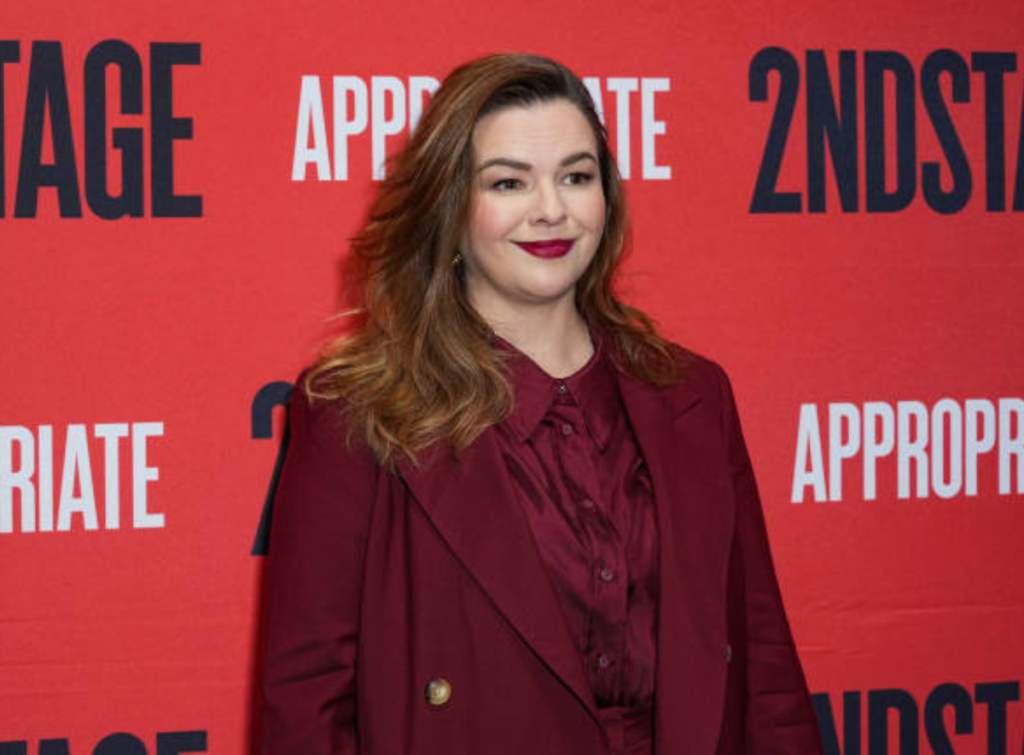Amber Tamblyn, immediately recognisable from Sisterhood of the Traveling Pants, has just gone public with the fact that she underwent ear pinning surgery at age 12. A heart-felt essay to The New York Times, by former child star, reveals how pressures of society and beauty ideals in the film and television industry played a role in her decision for that plastic surgery. It was at that time when Tamblyn had just been cast in her first significant television role, probably the part in General Hospital in 1995.

She had been extremely self-conscious about her ears because they stuck out like big butterfly wings. Her classmates teased her, and she wished her ears could lie flat against her head. She was such a strong-willed girl, but millions of people judging her on television amplified all her insecurities to a great extent. It led her to choose cosmetic surgery, ear-pinning, to win the Hollywood beauty standard.
Tamblyn felt conflicted about the procedure and cited it saying, “I was only 12 years old, but at least in my own mind, I felt really like a hypocrite because I was a “fiery young feminist” who had written lots of poems about how ridiculous it was for women to be expected to live up to some ideal of beauty. She said, “I was going to be this person that was just going to rebel against everything and then at the same time you need to fit into this system.” She compared having the surgery to “choosing a weapon” to keep herself from becoming “disposable in this industry that cared less about your age as long as you looked younger than you are”.
The actress also drew parallels between her experience and themes in Demi Moore’s new film, The Substance. The movie has Moore playing an aging TV star who uses an experimental drug to rejuvenate herself, only with devastating consequences. In the film, the themes rubbed deeply on Tamblyn, who spent a great part of her career going around the pressures meant to hold her back from aging into the “sexualized spotlight.”. She remembers a director one time telling her that the secrets to a sustainable career were “to stay as young as possible for as long as possible.”
She says she doesn’t entirely regret her decision now, though she can’t help wondering at times whether she’d have been equally as happy if she had resisted the industry’s expectations. “Would I be less happy if I had fought against the desire to get my ears pinned back, if they still stuck out today? I don’t know—but I do think about it often,” she reflected.

On the other hand, though, Tamblyn doesn’t completely shut the book on plastic surgery. For one thing, she believes that in some cases, self-surgery is an act of self-love, that it can be empowering. “There can be agency and self-love in the choice,” she noted, observing that every person’s choice is intensely personal.
The Amber Tamblyn story sheds light on the complicated relationships women, in particular in Hollywood, maintain with their self-image. From childhood to adulthood may be the most rigorous period because of strictures that force conformity to very narrow beauty standards. Through sharing her experience, she opens up very relevant and critical discussion in regards to prolonged impact of these pressures in women’s lives and choices.
Her reflections echo in the hearts of many and remind all of the fight and striving against the expectations of society.







